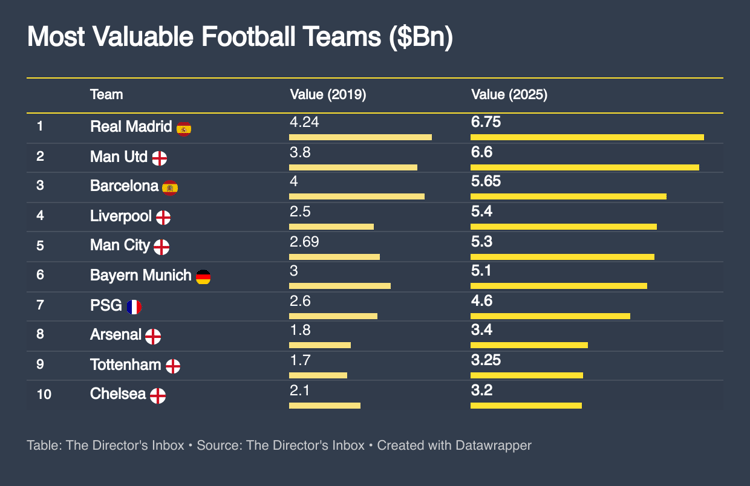-
News
- 3 hours ago
MLS set for revolution as major calendar change confirmed

Major League Soccer owners officially voted on Thursday to completely change the schedule of the competition to run alongside the traditional calendar set by elite European leagues.
The current MLS schedule takes place in just one calendar year, from February to December.
The regular season starts in February and runs through to October. Thereafter, the MLS playoffs take place, which includes the Conference Finals and then, ultimately, the MLS Cup.
Most European leagues start in the summer and run over the turn of the year before finishing in May. For example, the English Premier League begins in August and finishes in May.
The new plan for MLS will see the new regular season start in July of 2027 and run until April of 2028, with the playoffs set for May of 2028.

There are still plans to hold the 2027 MLS campaign, but it will take place as a "sprint season" of 14 games played between February and May. There will be a short summer break before the new schedule starts.
The new calendar will feature a summer break in June and July and a winter break over December and January.
Why is MLS changing?
This decision by MLS owners isn't simply to replicate the elite European leagues - there are sound business reasons behind the switch.
Currently, the MLS playoffs can be interrupted by FIFA's international break fixtures, something that will no longer happen. Crucially, the playoffs will no longer compete with NFL and college football matches for TV ratings.
“When we think of our existing footprints, we begin in the middle of February, as it is, and our Cup, even next year, will end, the third weekend of December,” MLS official Nelson Rodriguez said on Thursday.
“And so the difference isn’t in the footprint, it’s in the volume of games within that footprint. Obviously, your playoffs have less number of matches than your regular season, but the period is the same. You’re in the playoffs, you’re playing in November. You qualify for Concacaf Champions Cup, you’re playing the first week of February. And so there’s no appreciable change there at all in our mind.
“In terms of the competition with the NFL and college football, right now, our playoffs are up against the last few weeks of the NFL season as it starts to reach its playoffs and its climax, (and) it’s up against college football championships. The weather is more challenging or can be less predictable at that time, and we have some stadium conflicts. Those are all alleviated with the playoffs in May. There’s no gridiron at all.
“Our stadium conflicts are far less. Our weather is prime, which makes our playing conditions prime. It’s not too hot, it’s not oppressive. Our fields will be in great shape. Our players will be ready to go.”
A decision that does not please everyone
There's sure to be a split in opinion over the decision, however. Teams and supporters in the north are upset that more matches will be played in the harsher winter months, while teams and supporters in the south are happy that matches will no longer take place in the warmest and most humid period during the summer.
Some owners from clubs in the north are looking to be compensated for a predicted loss in revenue.
“We think the mid-July start is optimal for us,” Rodriguez continued.
“At that time those intercontinental tournaments are likely to be finished. At that time among North American professional men’s sports leagues, I think only Major League Baseball will be active in its regular season. And it’s a great time for us to launch, great time for our fans to enjoy our league. So it just makes a lot of sense for us.”

Rodriguez went on to explain that the league will attempt to schedule matches so that games in the warmer months will be played in the north and games in the colder months will be played in the south.
Teams will not be allowed more than three matches in a row home or away, however.
MLS active in the transfer market
Another important aspect of the change is that MLS clubs will now be more heavily involved in the summer transfer market which, at the moment, takes place when clubs are playing games.
“The calendar flip also allows us to take more advantage of the world’s largest global transfer window, what we would call in the summer, and the players that are acquired, the player services that are required then would play more of the regular season than as we’re currently constructed, and those teams that might be in Concacaf would have those players fully acclimated for Concacaf,” Rodriguez outlined
“So again, we see this as really having a positive impact on overall player quality and our match quality.”
The FootballTransfers app
Check out FootballTransfers' new app for all of football's big storylines, transfer rumours and exclusive news in one convenient place directly on your mobile device.
The FootballTransfers app is available in the Apple App Store. Download here:



















